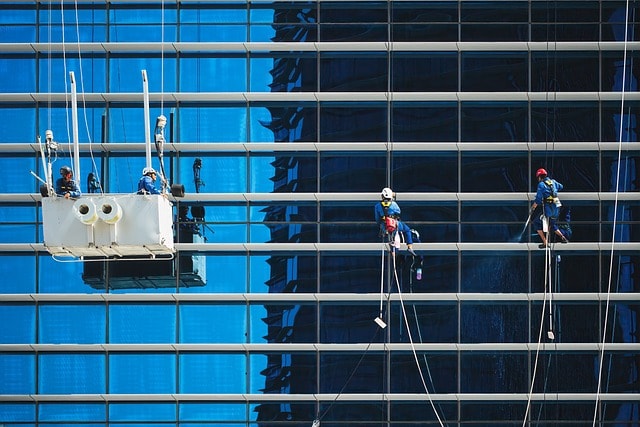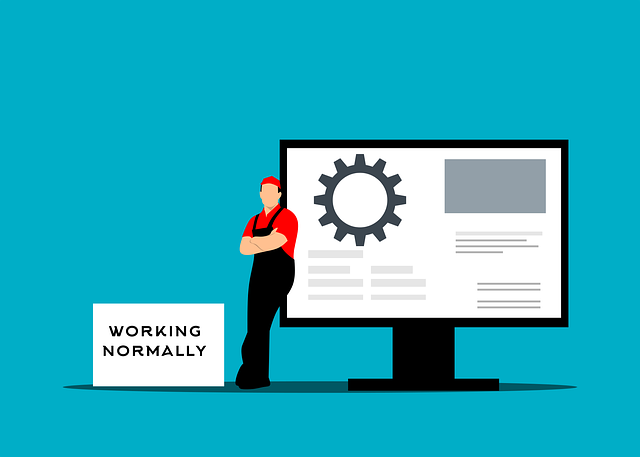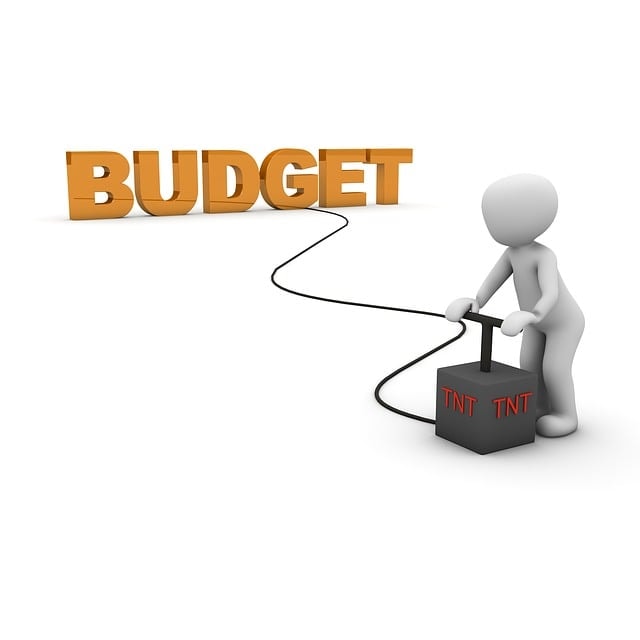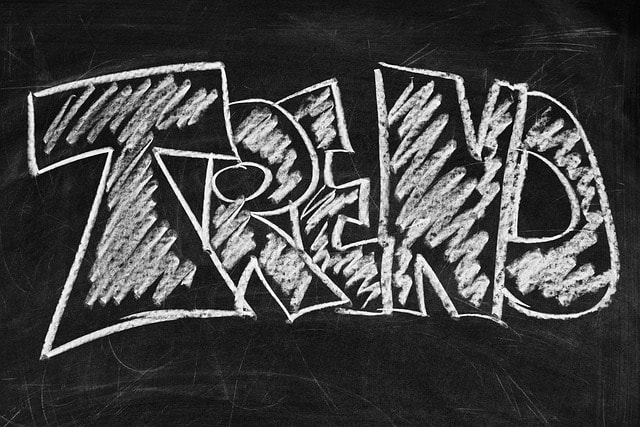Maintenance For Commercial Repair Services with Rental Properties

Introduction
Maintaining commercial rental properties is crucial for property owners and landlords to preserve asset value, ensure tenant satisfaction, and comply with legal obligations. This guide explores the importance of commercial repair and maintenance services for rental properties, highlighting critical areas of focus and best practices.
The Importance of Regular Maintenance
Regular maintenance of commercial rental properties is essential for several reasons:
- Preserving property value
- Preventing costly major repairs
- Ensuring tenant satisfaction and retention
- Complying with safety regulations and building codes
- Reducing long-term operational costs
Preventive Maintenance vs. Reactive Repairs
Implementing a preventive maintenance program can help property owners avoid costly emergency repairs and minimize disruptions to tenants’ business operations.
Critical Areas of Commercial Property Maintenance

HVAC Systems
Regular maintenance of heating, ventilation, and air conditioning systems is crucial for:
- Ensuring tenant comfort
- Optimizing energy efficiency
- Extending equipment lifespan
- Preventing unexpected breakdowns
Electrical Systems
Proper maintenance of electrical systems includes:
- Regular inspections
- Updating outdated wiring
- Ensuring compliance with current safety codes
- Addressing power quality issues
Plumbing Systems
Plumbing maintenance is essential to prevent:
- Water damage
- Mold growth
- Unexpected service interruptions
Roofing
Regular roof inspections and maintenance can:
- Prevent leaks and water damage
- Extend the roof’s lifespan
- Identify potential issues early
Structural Elements
Maintaining walls, floors, and other structural elements is crucial for:
- Ensuring building safety
- Preserving property value
- Complying with building codes
Related Terms: commercial repairs, commercial leases, business owner, significant investment, HVAC system, local Mr, grocery stores, save money, employees, facility, replacement, customers
The Role of Commercial Repair Services

When issues arise despite regular maintenance, commercial repair services play a vital role in:
- Quickly addressing problems to minimize disruption
- Providing expert diagnosis and solutions
- Ensuring repairs meet industry standards and local regulations
Landlord vs. Tenant Responsibilities
Understanding the division of maintenance and repair responsibilities between landlords and tenants. Typically:
Landlord Responsibilities
- Structural repairs
- Major systems maintenance (HVAC, electrical, plumbing)
- Common area upkeep
Tenant Responsibilities
- Minor repairs as specified in the lease
- Maintenance of tenant-installed equipment
- Reporting issues promptly to the landlord
Choosing the Right Maintenance Service Provider

When selecting a commercial repair and maintenance service provider, consider:
- Experience with similar properties
- Range of services offered
- Response times for emergency repairs
- Licensing and insurance
- References and reputation
Creating a Maintenance Schedule

Developing a comprehensive maintenance schedule helps property owners:
- Budget for regular maintenance costs
- Minimize disruptions to tenants
- Extend the lifespan of building systems and equipment
The Impact of Maintenance on Tenant Satisfaction

Well-maintained properties contribute to tenant satisfaction by:
- Reducing business interruptions
- Ensuring a comfortable work environment
- Demonstrating landlord commitment to property upkeep
Cost Considerations

While regular maintenance involves ongoing costs, it can lead to significant savings by:
- Preventing costly emergency repairs
- Extending the lifespan of building systems
- Improving energy efficiency
- Reducing vacancy rates through higher tenant satisfaction
Legal and Regulatory Compliance
Regular maintenance and prompt repairs help ensure compliance with:
- Local building codes
- Health and safety regulations
- Environmental standards
Emerging Trends in Commercial Property Maintenance

- Predictive maintenance using IoT sensors
- Green building practices and sustainability initiatives
- Use of data analytics for maintenance planning
- Integration of smart building technologies
Conclusion
Property owners and landlords must invest in regular commercial repair and maintenance services to protect their assets, ensure tenant satisfaction, and comply with legal obligations. By implementing a proactive maintenance strategy and partnering with reliable service providers, property owners can maximize the long-term value of their commercial rental properties.
FAQs

- How often should commercial properties undergo maintenance inspections? Generally, comprehensive inspections should be conducted at least annually, with more frequent checks for critical systems.
- Can tenants perform their repairs in a commercial rental property? This depends on the lease agreement and the nature of the repair. The landlord or professional services should typically handle significant repairs and those affecting building systems.
- How can property owners budget for maintenance and repairs? A common rule of thumb is to budget 1-3% of the property’s value annually for maintenance and repairs, adjusting based on the property’s age and condition.
- What are some signs that a commercial property needs immediate repairs? Signs include water stains, unusual odors, excessive utility bills, frequent equipment breakdowns, and visible structural issues.
- How can property owners ensure tenants report maintenance issues promptly? Establish clear communication channels, educate tenants on the importance of prompt reporting, and respond quickly to matters reported to encourage future reporting.
Related Terms: technicians, regular use, businesses, information purposes, professionals, committed, commercial lease,













